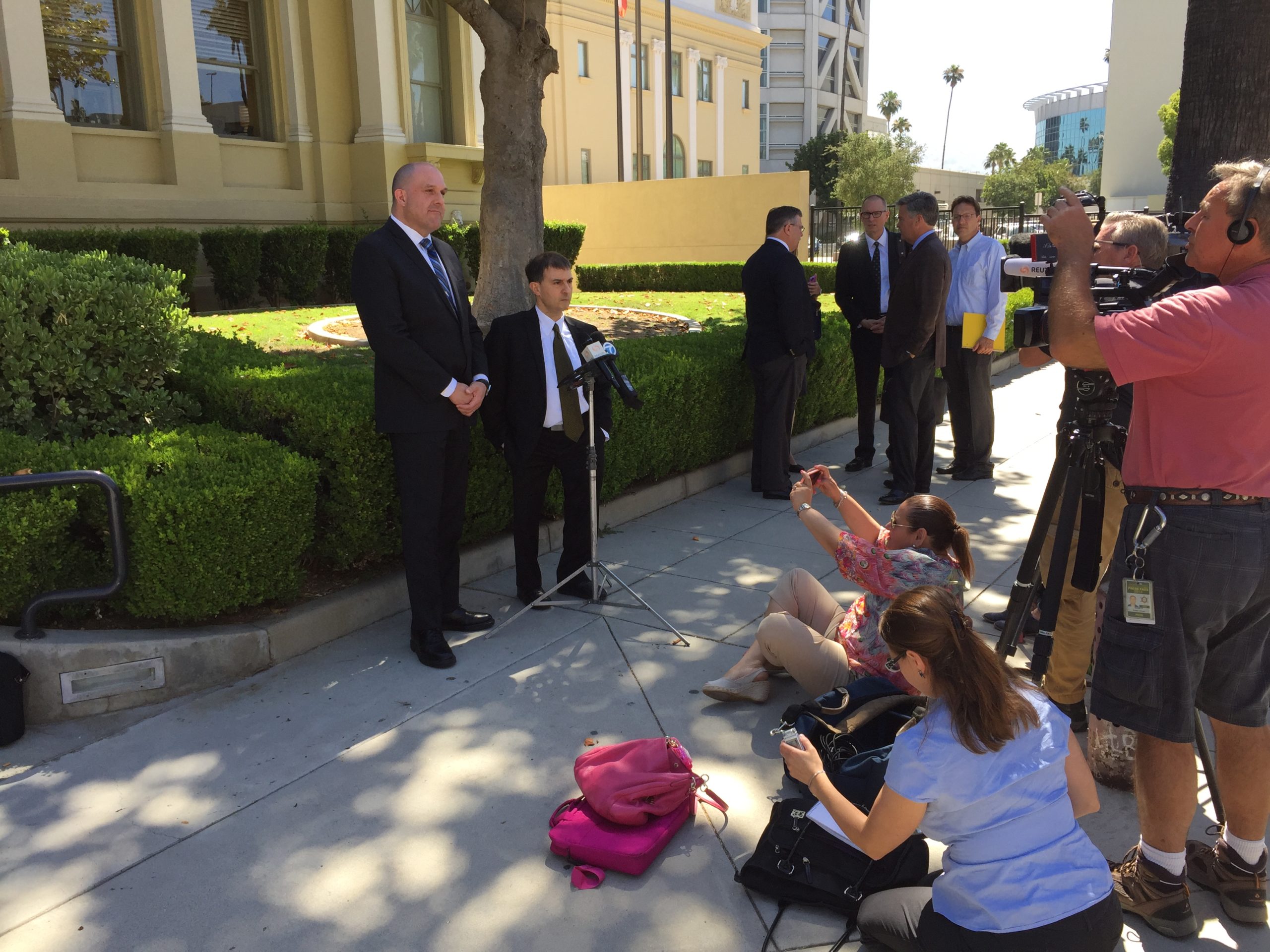California Court Rules Passage of Medical Aid-in-Dying Law Was Constitutional
Says Legislature Passage of Law During Special Health Care Session Was “Germane”
Jan 24, 2020 Ahn v. Hestrin California California End of Life Option Act medical aid in dying

Compassion & Choices praised a California court’s ruling Thursday in response to its motion and a motion by Attorney General Xavier Becerra that dealt a major blow to opponents of California’s medical aid-in-dying law who filed a lawsuit to overturn the law.
The Riverside County Superior Court ruled the legislature did not violate the state constitution by passing the medical aid-in-dying law during a special session on health care and the physician plaintiffs do not have legal standing to bring the case.
The law, the End of Life Option Act, allows mentally capable, terminally ill adults to have the option to request a doctor’s prescription for medication they can decide to take if their suffering becomes unbearable, so they can die peacefully in their sleep.
The court’s “minute order” adopted its tentative six-page ruling on Wednesday in the lawsuit, Ahn vs. Hestrin — Case RIC1607135. The court concluded:
“Plaintiffs fail to allege sufficient facts showing third party, personal or public interest / taxpayer standing … The Legislature acted within its authority when it enacted the End of Life Option Act … the ultimate desires of the Plaintiffs and the ultimate desires of their patients are at odds and hence they cannot share a common interest … it was reasonable for the Legislature to conclude that aid-in-dying legislation concerns a subject germane to improving the effective delivery of health care services to benefit Californians, thus not enacted in violation of the Constitution.”(pages 1, 2, 4 of ruling)
However, the court said the plaintiffs could amend their complaint to try to justify third-party standing if they can find patients who share their common value of opposing medical aid in dying and “may be subject to undue influence from family members and others” to use this end-of-life care option.
“As a general rule, a third party does not have standing to bring a claim asserting a violation of someone else’s rights,” said John Kappos, a partner in the O'Melveny law firm representing Compassion & Choices, which advocated for the legislature to pass the law and for multiple courts to dismiss the lawsuit since it was filed in 2016 (see case history summary here). “One exception is if there is some hindrance to the third party’s ability to protect their own interests, but since there are no cases of abuse or coercion in California or any other of the nine jurisdictions that authorize medical aid in dying, I think the plaintiffs face a difficult challenge.”
In addition to California, Washington, D.C., and eight other states also authorize medical aid in dying: Colorado, Hawai‘i, Maine, Montana (via state Supreme Court ruling), New Jersey, Oregon, Vermont and Washington. During the first 2-½ years since the California law took effect on June 9, 2016 through Dec. 31, 2008, prescriptions for aid-in-dying medications have been written for 1,108 people and 807 of them (73%) have taken the medications to peacefully end their suffering, according to the California Department of Public Health. Three out of four Californians support the End of Life Option Act, according to a 2019 comprehensive statewide survey commissioned by the California Health Care Foundation.
“We recognize this fight is far from over to protect this popular law that is providing relief from intolerable suffering for so many Californians. Our opposition can still appeal this decision or amend their complaint in an effort to reassert their third-party standing claim,” said Kevin Díaz, chief legal advocacy officer for Compassion & Choices. “We appreciate Attorney General Becerra’s efforts in this legal battle that already has lasted 3-1/2 years, but we will not rest until we win this case outright on behalf of terminally ill Californians who depend on this law to ensure they can die peacefully.”


